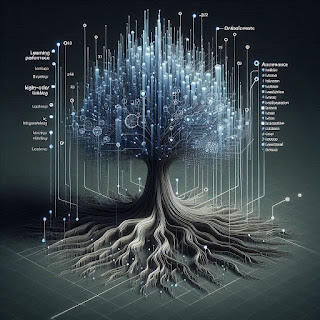Summary of Key Points
- 📊 The Study: A meta-analysis of 51 experimental studies on ChatGPT's impact in education, published between late 2022 and early 2025.
- 📈 Learning Performance: The analysis found a large positive effect (Hedges’s g = 0.867) of ChatGPT on student learning performance. This effect was strongest in skills-based courses, in problem-based learning models, and when used for a duration of 4–8 weeks. [1][2] (Hedges' g is a statistical measure used to quantify the effect size, specifically the standardized mean difference between two groups.)
- 🤔 Learning Perception & Higher-Order Thinking: The study reported moderately positive effects on both students' perception of learning (g = 0.456) and their development of higher-order thinking (g = 0.457). [1][2]
- 🔬 Important Caveats: The authors explicitly state that the sample sizes for the perception and higher-order thinking analyses were small (19 and 9 studies, respectively), which calls for a cautious interpretation of these specific findings. [2]
- 🧑🏫 Context Matters: The effectiveness of the tool is not uniform. It changes based on the course type, the teaching model, the duration of use, and the role assigned to the AI (e.g., tutor vs. partner). [1][2]
A Cautious Look at the Evidence on ChatGPT in Education
As educators and researchers, we are positioned directly on the front lines of a rapid technological shift. The integration of generative AI, specifically tools like ChatGPT, into our classrooms is no longer a future hypothetical; it is a present reality. The debate surrounding its utility, however, is often polarized, oscillating between utopian promises of personalized learning and dystopian fears of cognitive decline. Anecdotes abound, but robust evidence has been harder to come by.










